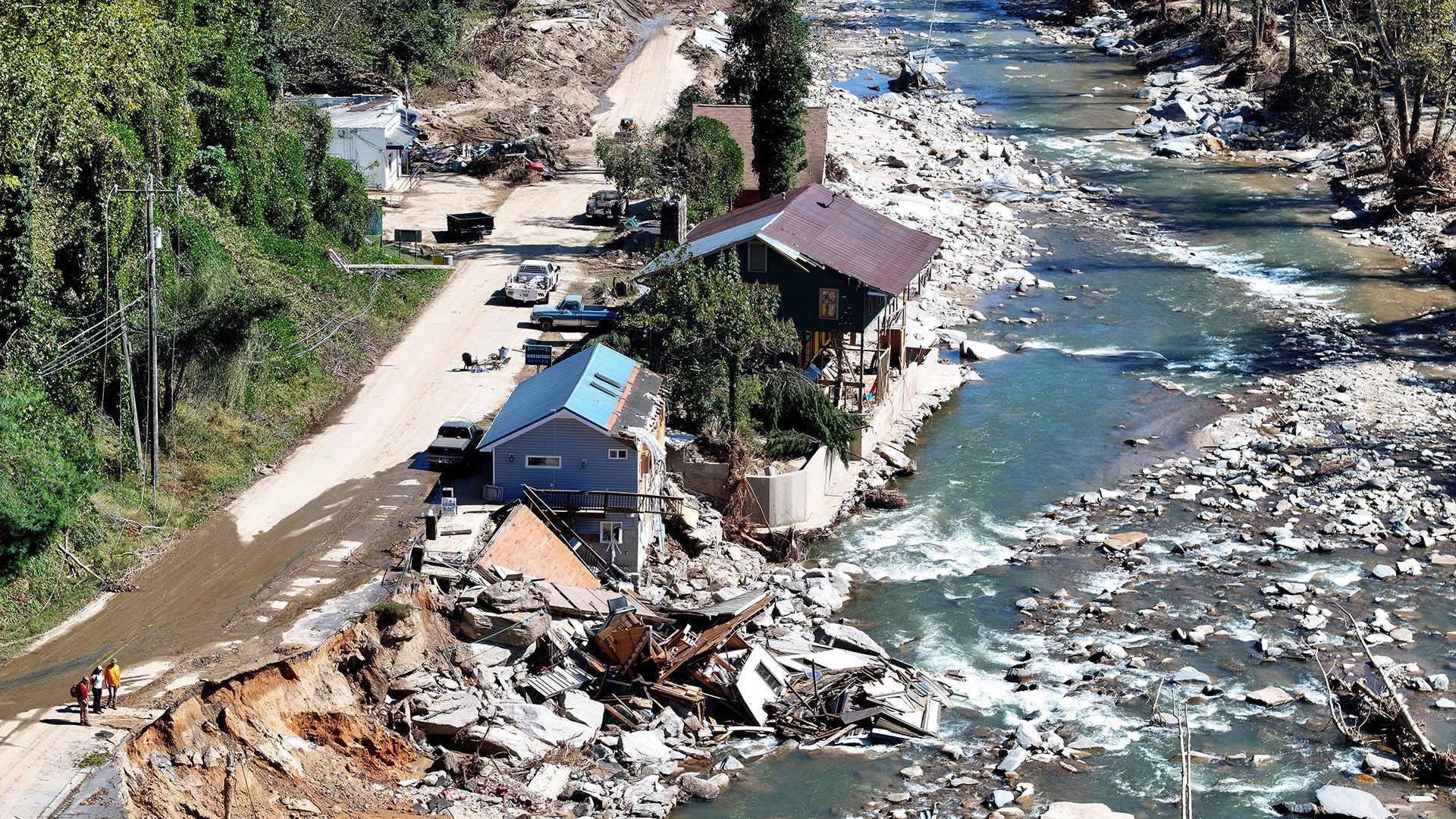
Simone Del Rosario
We’re hoping for safety for everyone who is there in Florida right now, and of course, for our first responders as well who are helping people in those areas. And we’re going to be talking about how these back-to-back hurricanes that have hit this region might be impacting the economy. Atlanta Fed President Rafael Bostic said that this one two punch, this, you know, back to back, hurricane, could actually affect the economy for at least six months, especially in the supply chain. Factor, what sort of things could be, you know, immediately impacted in the economy as Florida and, you know, especially other states as well. I’m just thinking Florida, because they have the double hurricane right now. So what, how can that be affected, and what is specific about the region there that was impacted, and how that might impact trade?
Chris Konstantinos: Sure, I’ll definitely address that. I just want to take a moment to also recognize a huge human toll. I have a lot of friends in the western part of North Carolina. And I think the situation there is worse than many people in the nation realize, in terms of how much infrastructure has been destroyed. And of course, unfortunately, now the same thing is happening in Florida. So will this? Will this have impacts in the US economy? Undoubtedly, I think Raphael Bostic is right. I think what’s interesting is that there’s a lot of gives and takes. When we think about a huge, you know, horrific natural disaster with a huge human toll, we tend to focus solely on the negative sides of the economic impact. And for obvious reasons. The cold, hard economic facts is that the gives and takes of what happens after a catastrophe like this are often, there’s often two sides of it, because, yes, I think the supply chain, the supply chains already struggling, right? We’ve had the, you know, we had the strike that was recently and probably only temporarily ended. We’ve had, we have increasing geopolitical issues across the world that are certainly going to affect commodity prices. All of those things are going to complicate the supply chain, I believe, and that’s going to have negative economic impacts. The flip side to that, as it relates to recovering from a natural disaster, is there’s going to be a lot of infrastructure spend in those regions, in western North Carolina, obviously, in Florida, we don’t know that, you know, we don’t know the overall toll yet in either of those places, but we know it’s going to be grave. So there’s gonna be a huge amount of infrastructure spend. And so for companies, industry sectors that are construction related, that some of sometimes, these things can actually be a huge stimulus of sorts in those in those areas, and that may, at least regionally, you know, actually increase some of the manufacturing data that we’re seeing. So there’s a lot of like, push and pull, when, when a, you know, a shocking natural disaster happens for insurance companies. I get this question a lot, so I was actually talking to our our portfolio manager yesterday, who’s an expert in the insurance space. She used to work in the insurance space, and she said that what often happens is it actually creates a hardening price cycle for insurers which which, they take a huge hit on their balance sheet and income statement early on, but then, because they’re able to successfully raise prices, it leads to higher cash flows going forward. So understanding the pushes and pulls economically when something like this happens is often more complex than it, than it. You know, seems that just at first blush.











